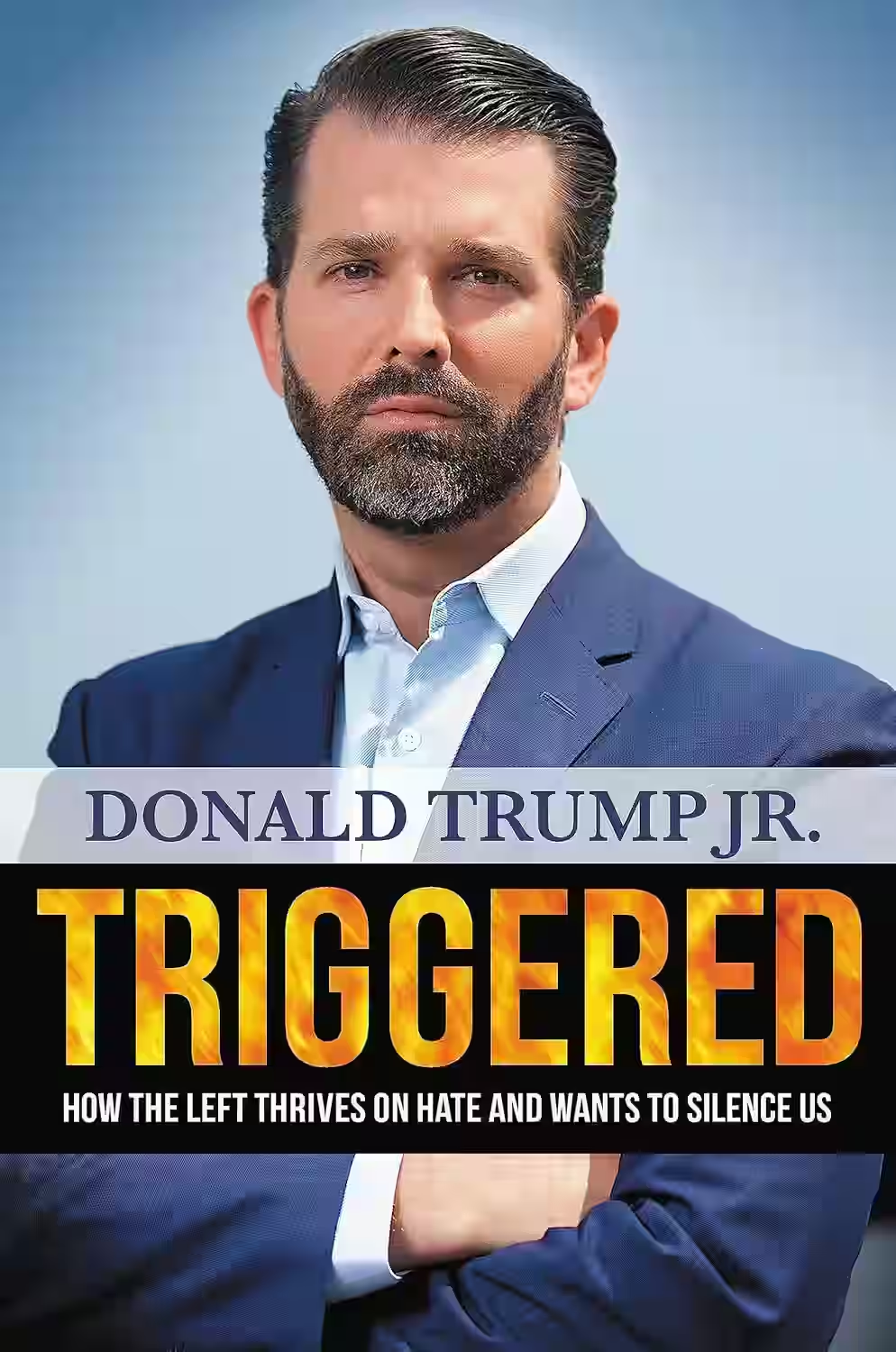
In 'Triggered: How the Left Thrives on Hate and Wants to Silence Us', Donald Trump Jr. delves into his perspective on the political landscape, accusing the left of perpetuating a culture of hate and attempting to stifle opposing voices. Through personal anecdotes and sharp criticism, Trump Jr. argues that the left's tactics aim to oppress conservative viewpoints. The book explores themes of censorship, political polarization, and the struggle for free speech in today's divided society. 'Triggered' is a provocative take on contemporary politics, likely to appeal to readers interested in conservative commentary and critiques of left-wing ideology.
About Donald Trump Jr.
Donald Trump Jr. is an American businessman, former reality television personality, and author born on December 31, 1977. As the eldest son of former US President Donald Trump, he has played a prominent role in his family's business empire. Trump Jr. has authored several books, including 'Triggered: How the Left Thrives on Hate and Wants to Silence Us,' which offers his perspective on political issues and critiques left-wing ideologies. While his literary works have attracted a considerable following among supporters of conservative politics, they have also sparked controversy and debate. Trump Jr.'s impact on literature lies in his ability to amplify conservative viewpoints and engage readers in political discourse.
Similar Books
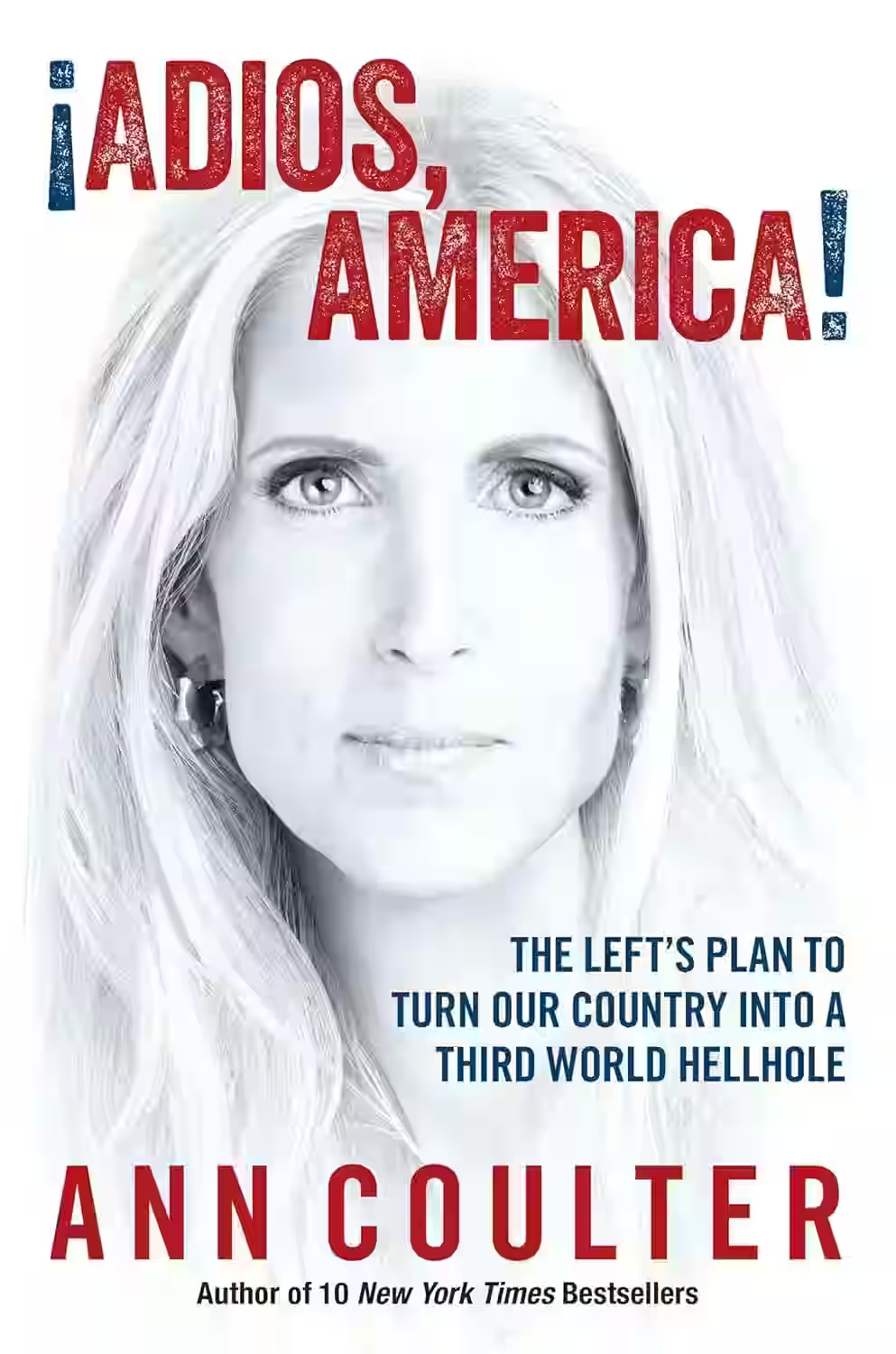
Adios, America: The Left's Plan to Turn Our Country into a Third World Hellhole
by Ann Coulter
In 'Adios, America: The Left's Plan to Turn Our Country into a Third-World Hellhole,' firebrand conservative author Ann Coulter tackles the contentious issue of immigration, arguing that liberal policies are leading the United States down a dangerous path. Coulter presents a provocative critique of America's immigration system, addressing topics such as amnesty, border security, and the impact on American society. Through her signature wit and no-holds-barred style, Coulter delivers a passionate defense of stricter immigration controls. While controversial and polarizing, the book sparks important conversations about national identity and sovereignty.
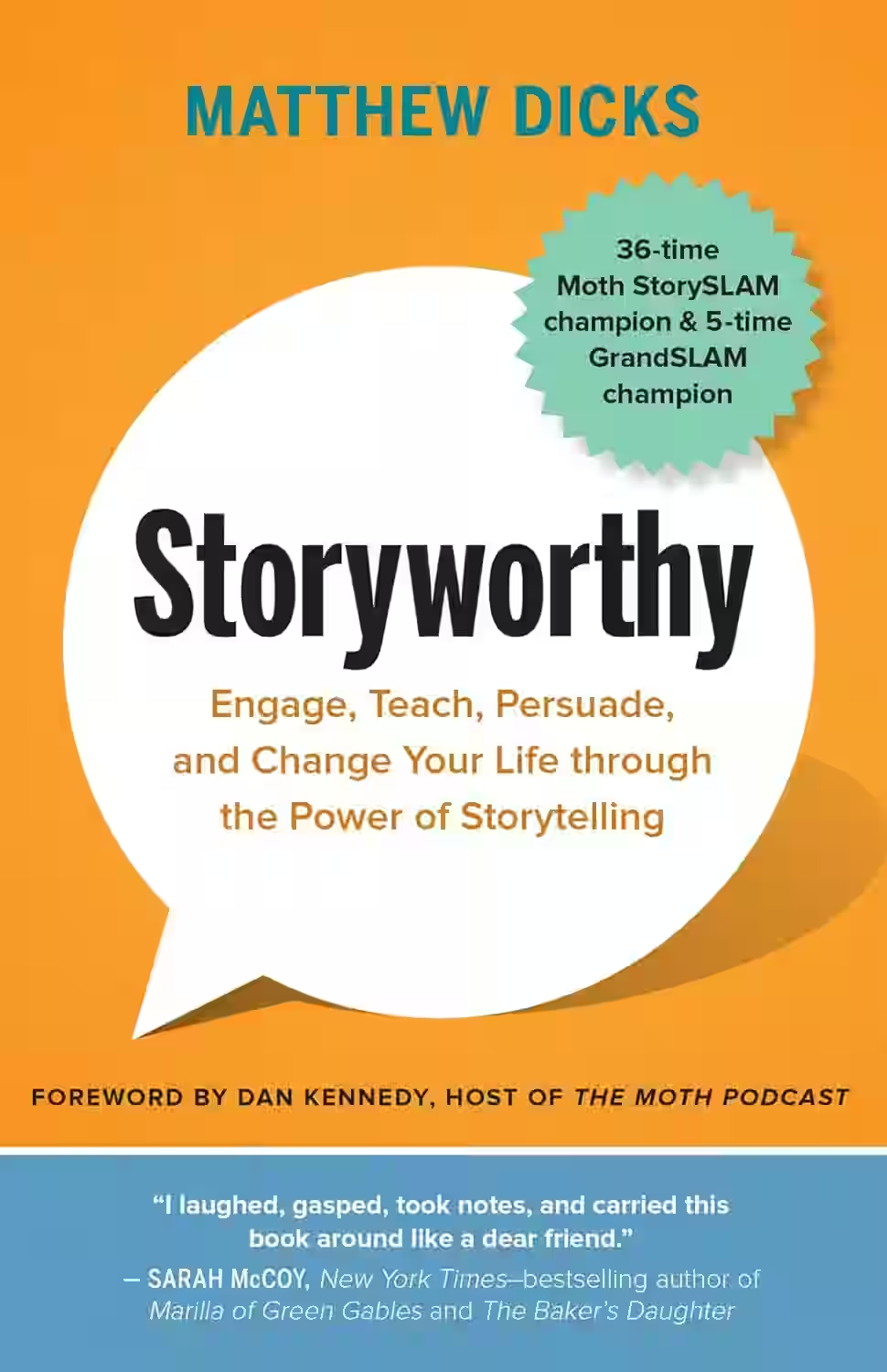
Storyworthy
In 'Storyworthy' by Matthew Dicks, readers are taken on a captivating journey into the art of storytelling. With a blend of personal anecdotes and practical advice, Dicks explores the power of storytelling and offers valuable insights on how to craft compelling narratives. Through his engaging writing style, he delves into the importance of authenticity, vulnerability, and structure in creating impactful stories that resonate with audiences. Whether you're a seasoned storyteller looking to refine your skills or a novice eager to learn the ropes, this book provides a wealth of knowledge and inspiration. 'Storyworthy' is a must-read for anyone seeking to harness the true potential of storytelling.
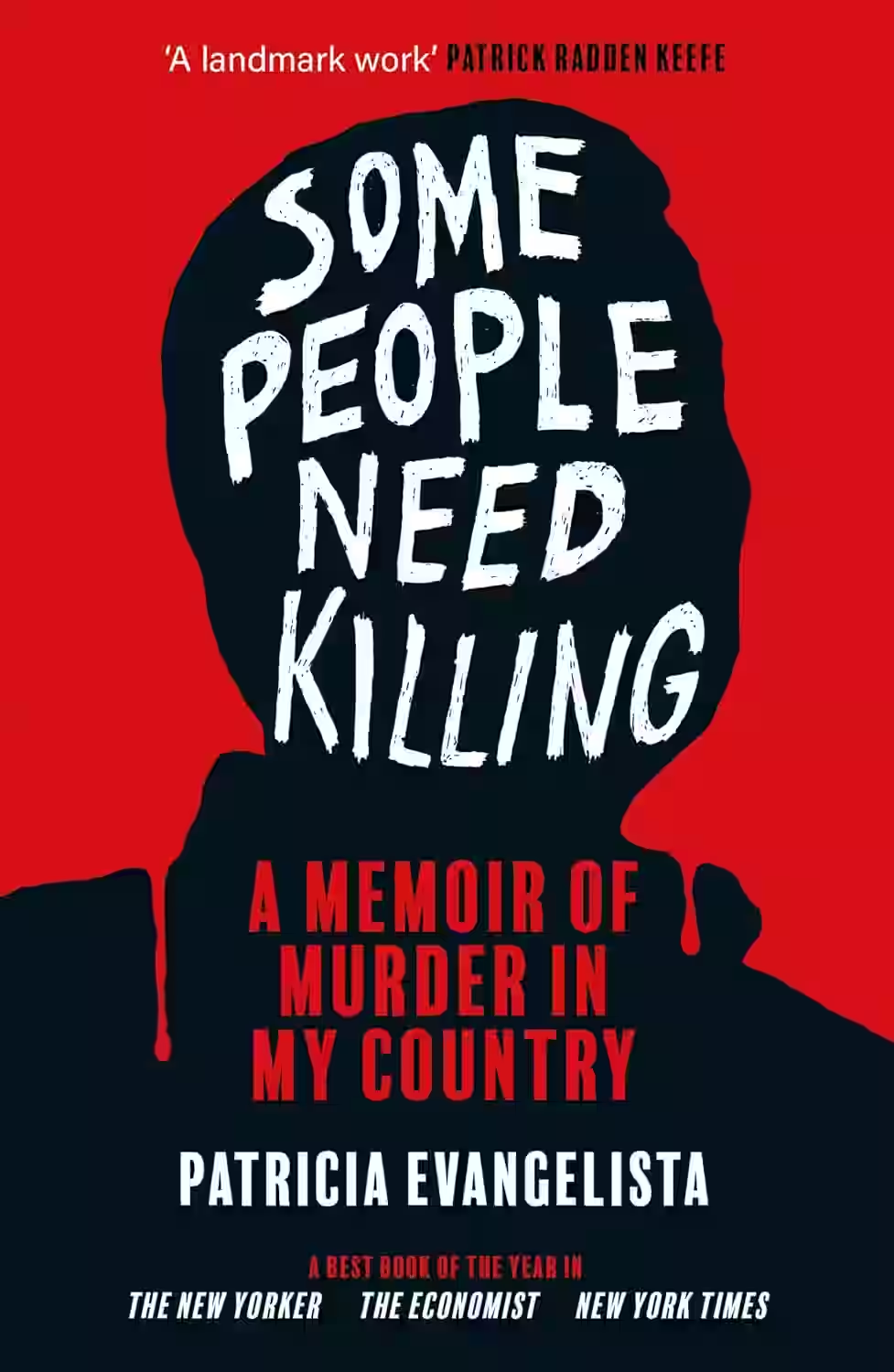
Some People Need Killing
In this harrowing and deeply reported memoir, journalist Patricia Evangelista documents Rodrigo Duterte’s brutal war on drugs in the Philippines. Drawing from years of firsthand reporting, Evangelista chronicles the violence, propaganda, and moral disintegration that defined a nation’s descent into authoritarianism. Through vivid narratives of victims, enforcers, and survivors, the book becomes a powerful indictment of state-sponsored killings and a meditation on fear, complicity, and resistance. Some People Need Killing is both a work of fearless journalism and a profoundly personal reckoning with truth and accountability in the face of terror.
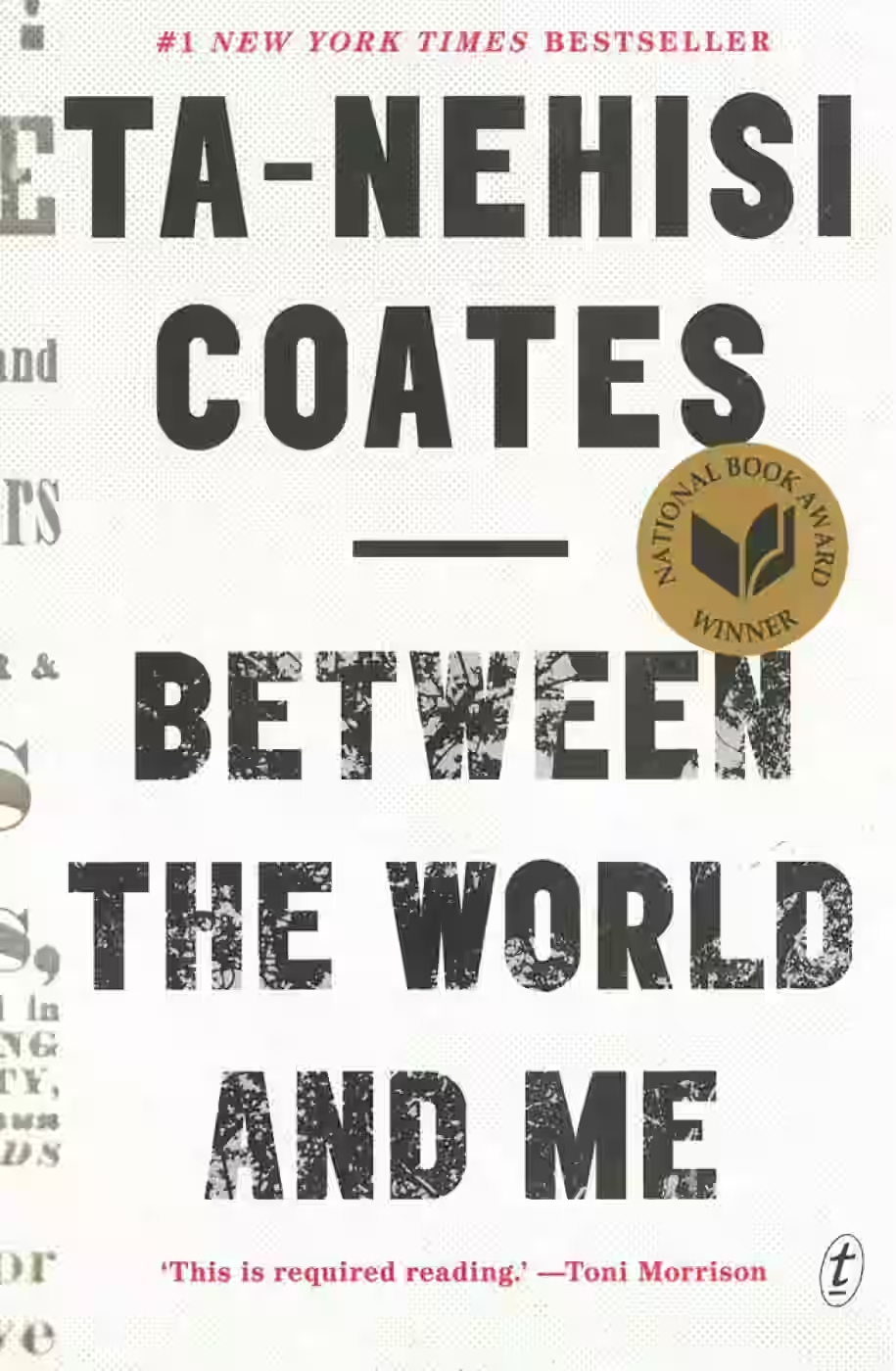
Between the World and Me
Presented as a letter to his teenage son, Ta-Nehisi Coates's Between the World and Me is a profound meditation on race, history, and identity in America. Drawing from his own experiences as a Black man, Coates examines the legacy of systemic racism, police violence, and the illusion of the American Dream. Inspired by Baldwin yet distinctly contemporary, the book offers a deeply personal and unflinching account of what it means to live in a Black body. With lyrical prose and intellectual rigor, Coates compels readers to confront uncomfortable truths and reconsider notions of privilege, safety, and belonging.